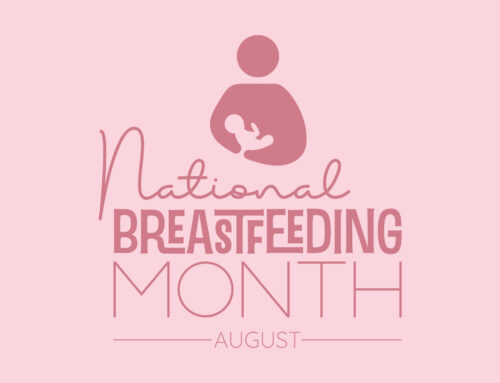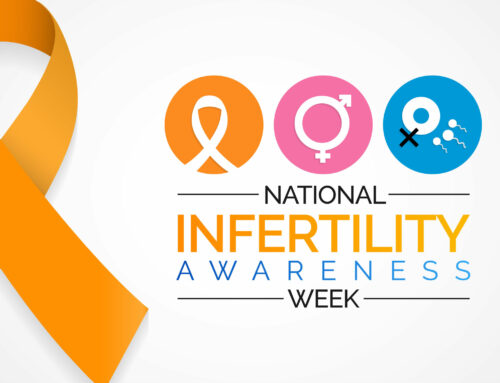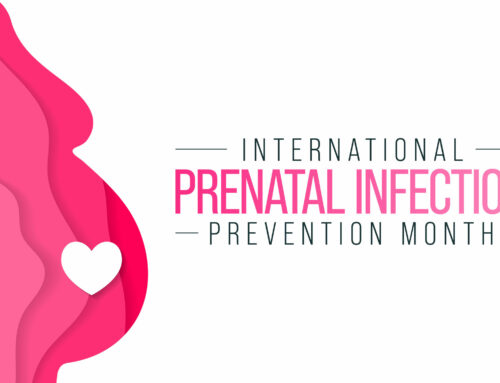What is Considered a Full Term Pregnancy?
A recent Committee Opinion released by the American College of Obstetricians and Gynecologists has redefined the criteria for a full term pregnancy. A normal singleton pregnancy lasts on average 40 weeks, or 280 days, from the patient’s last menstrual period. Previously, full term referred to pregnancies delivered between 37+0 weeks through 41+6 weeks. However, current research is increasingly demonstrating that neonates born prior to 39+0 weeks have a higher incidence of adverse outcomes such as respiratory distress, hypoglycemia, neonatal jaundice, NICU admission and even death. Infant mortality rates decrease from 3.9 per 1,000 live births at 37 weeks to only 1.9 per 1,000 at 40 weeks according to a recent NICHD study. These findings have led to increased efforts across the country to prevent elective delivery prior to 39+0 weeks of gestation. The new ACOG Committee Opinion recommends the following as a new classification system:
– Early term: 37+0 to 38+6 weeks
– Full term: 39+0 to 40+6 weeks
– Late term: 41+0 to 41+6 weeks
– Post term: > 42+0 weeks
This highlights 39+0 to 40+6 weeks of gestation as the optimal time for delivery based on the lowest rates of adverse neonatal outcomes associated with births during this period.






